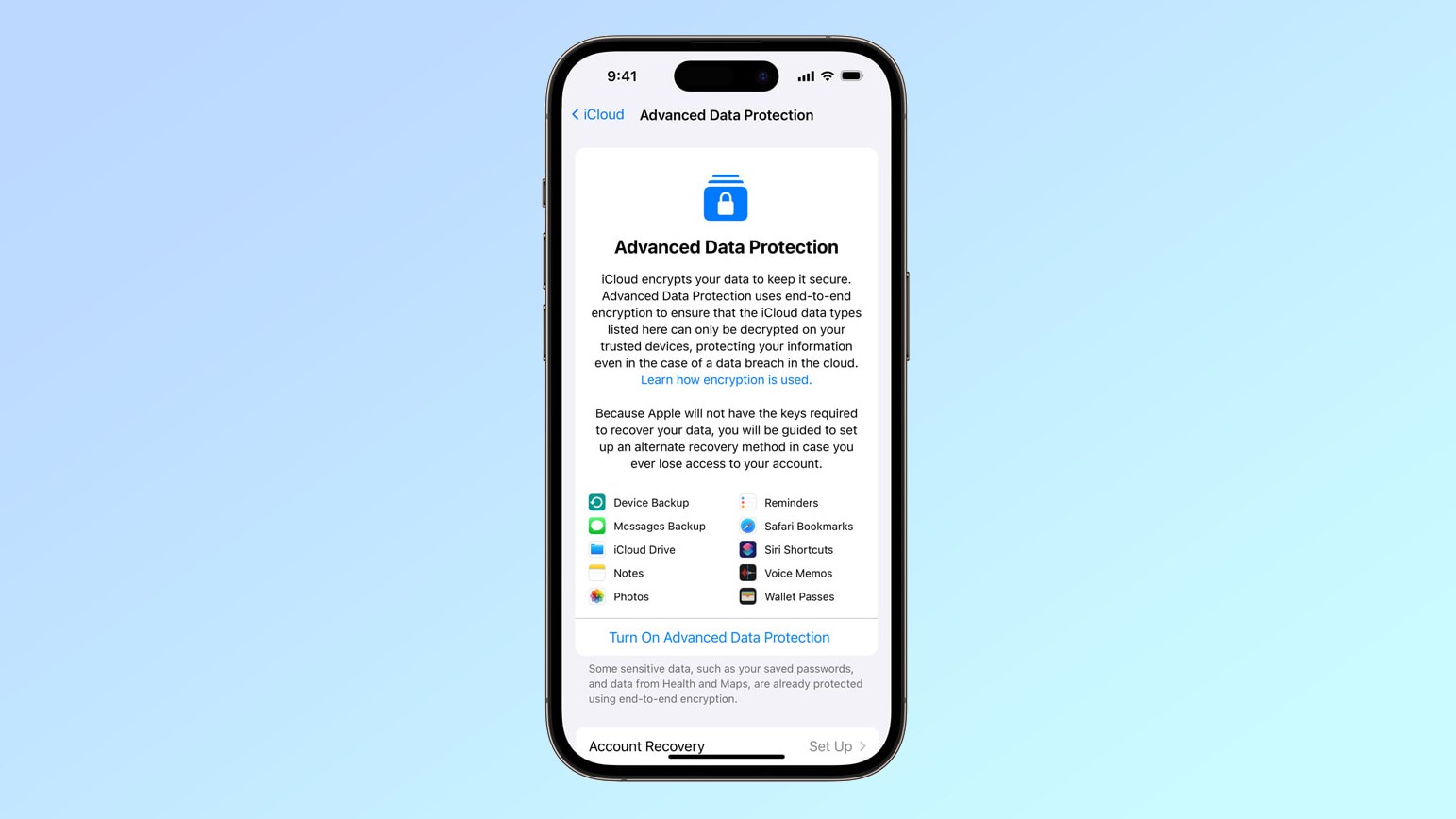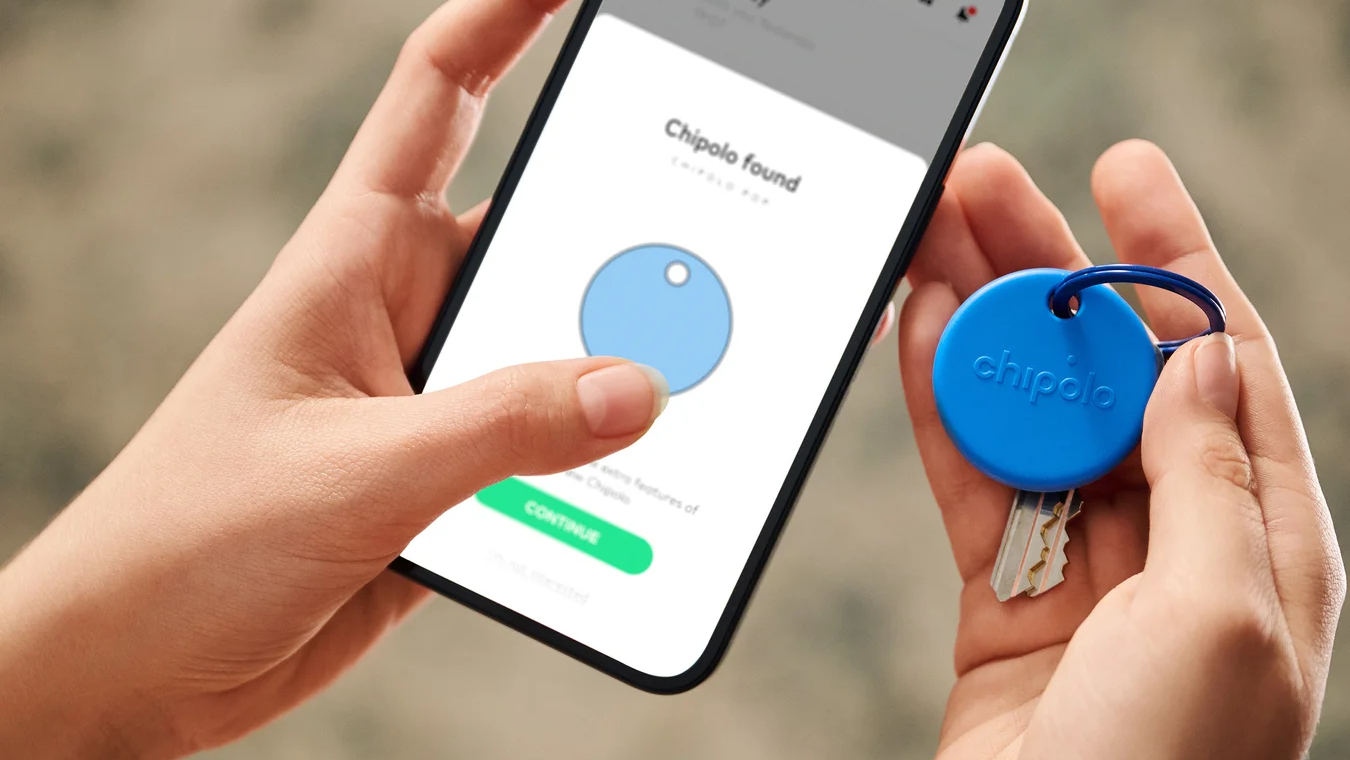Apple forced to kill popular security feature in the UK — here's what's happening
This is a big deal for anyone with an iPhone

Apple has long said that it has "never built a backdoor or master key to any of our products or services and we never will." Showing its commitment to that policy, Apple has decided to disable its Advanced Data Protection (ADP) for new users in the U.K. It has also informed existing users that the feature will need to be turned off in the future.
As noted by Bloomberg's Mark Gurman on X, the U.K. government ordered Apple to build a backdoor to user data in its Advanced Data Protection feature. Apple refused, which means it can no longer offer the feature to users in the United Kingdom.
"Apple can no longer offer Advanced Data Protection (ADP) in the United Kingdom to new users and current UK users will eventually need to disable this security feature. ADP protects iCloud data with end-to-end encryption, which means the data can only be decrypted by the user who owns it, and only on their trusted devices," said Apple in an email sent to the press.
Apple remains committed to offering our users the highest level of security for their personal data and are hopeful that we will be able to do so in the future in the United Kingdom.
Apple
Apple said the change will not affect 14 iCloud data categories that are end-to-end encrypted by default. However, it means nine iCloud data categories covered by ADP (Reminders, Safari Bookmarks, Siri Shortcuts, Voice Memos, Wallet Passes and Freeform) will be protected by Standard Data Protection (SDP). It isn't nearly as secure but still offers protection for users who share their stuff with iCloud.
For existing users, Apple said it can't disable the feature automatically. Instead, they will be given a period to disable the feature themselves if they wish to keep using their iCloud account. The company said it'll provide additional guidance to these users in the near future.
What's the difference between Standard and Advanced Data Protection
A page on Apple's website breaks down the difference between SDP and ADP. According to Apple, Standard Data Protection means "Your iCloud data is encrypted, the encryption keys are secured in Apple data centers so we can help you with data recovery, and only certain data is end-to-end encrypted."
Advanced Data Protection "is an optional setting that offers our highest level of cloud data security. If you choose to enable Advanced Data Protection, your trusted devices retain sole access to the encryption keys for the majority of your iCloud data, thereby protecting it using end-to-end encryption."
Sign up to get the BEST of Tom's Guide direct to your inbox.
Get instant access to breaking news, the hottest reviews, great deals and helpful tips.
Essentially, ADP means data is end-to-end encrypted and with SDP, it isn't.
More from Tom's Guide

Dave LeClair is the Senior News Editor for Tom's Guide, keeping his finger on the pulse of all things technology. He loves taking the complicated happenings in the tech world and explaining why they matter. Whether Apple is announcing the next big thing in the mobile space or a small startup advancing generative AI, Dave will apply his experience to help you figure out what's happening and why it's relevant to your life.
You must confirm your public display name before commenting
Please logout and then login again, you will then be prompted to enter your display name.
